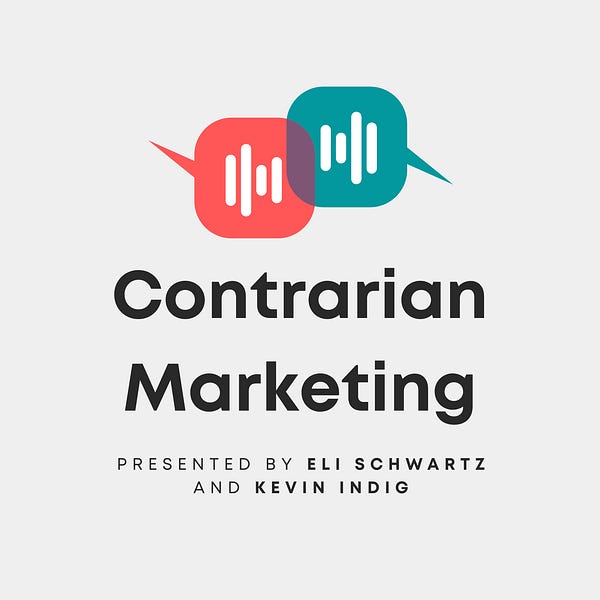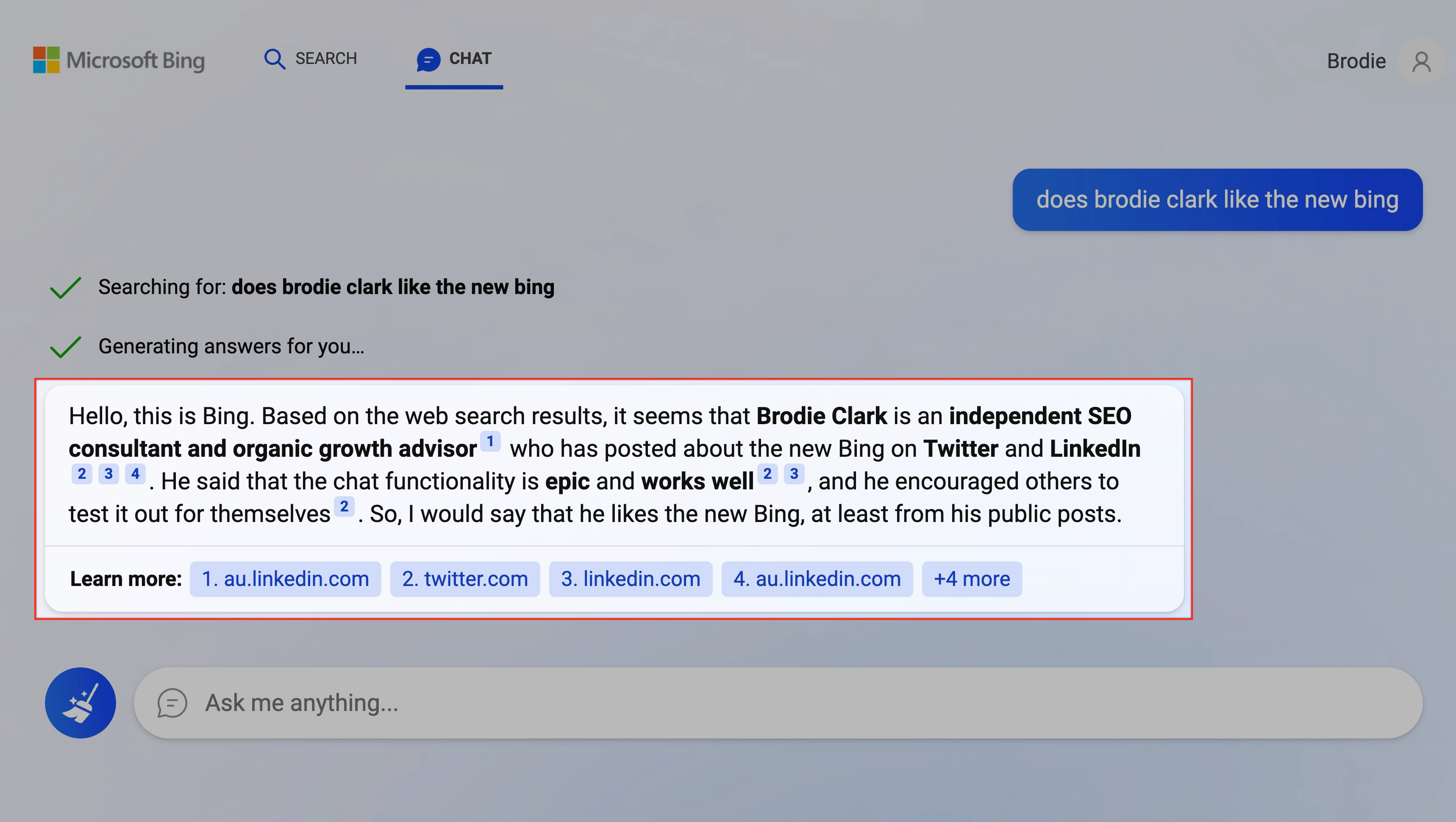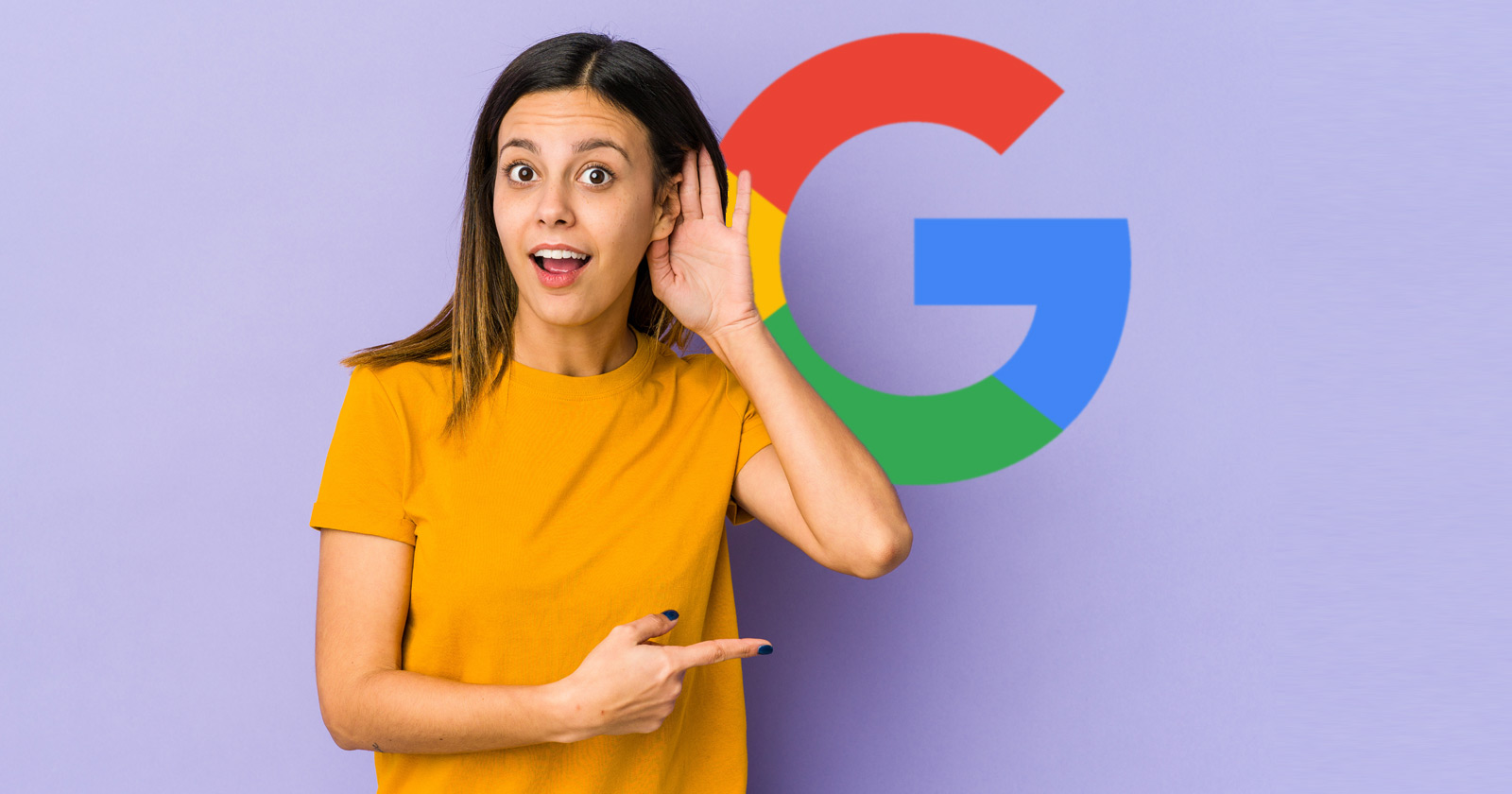- The SEOs Diners Club
- Posts
- The SEOs Diners Club - Issue #52 - Weekly SEO Tips & News
The SEOs Diners Club - Issue #52 - Weekly SEO Tips & News
Here are the weekly SEO insights for the SEOs Diners Club members.

You may also join our free SEO Diners Club network to ask questions and share your thoughts on these topics.
Why Can AI Chatbots Be Useful for SEO?
Eli Schwartz and Kevin Indig believe that AI chatbots will reduce organic traffic, but they also talk about the possibility of improving the quality of organic traffic.
After Bing and Microsoft announced new AI chatbots on the Search Network, Marketers are worried that search engines will no longer send traffic to their websites. However, what if sites get less but more qualified traffic?
Listen to SEO experts Eli Schwartz and Kevin Indig's podcast to find out what we think about AI chatbots in search, what search arbitrage is, and whether it's changing users' habits.
Here are my thoughts after listening to their podcast:
Why AI Chatbots Can Benefit Your SEO Strategy
Artificial intelligence chatbots have been making waves in the SEO world lately, with many marketers raising concerns that they could lead to a drop in organic traffic. But experts Eli Schwartz and Kevin Indig suggest that chatbots can improve the quality of organic traffic to your site. I will explain why AI chatbots can be good for your SEO strategy and how they can help you attract more targeted visitors.
Organic Traffic Will Decrease, But Will Its Quality Increase?
Bing and Microsoft's announcement of artificial intelligence chatbots on the Search Network has made many marketers nervous. However, it is crucial to consider that chatbots can increase the quality of organic traffic rather than reduce its quantity. Also, chatbots can help you attract more targeted visitors who are genuinely interested in what you have to offer rather than accidentally stumble upon your site.
Reducing Search Arbitrage
The rise of chatbots could also lead to a reduction in search arbitrage. It is buying low-cost, low-quality traffic through search ads and then redirecting that traffic to high-converting pages on your website. Search arbitrage with chatbots can become less effective, leading to a reduction in low-quality traffic and an increase in high-quality organic traffic.
Product Review and Impact on E-Commerce Sites
While chatbots can provide quick and easy answers to many questions, some users may prefer to visit product review sites and e-commerce sites to do deeper research before purchasing. Also, these sites often provide more detailed and comprehensive information that may not be available through a chatbot. Therefore, product reviews and e-commerce sites may be less affected by the rise of chatbots than other types of sites.
Impact on Curiosity-Based Sites
Sites such as Ehow.com and Quora.com that respond to users' questions may be adversely affected by chatbots. But more community-focused sites like Reddit are less likely to be impacted by the rise of chatbots.
Conclusion
While the rise of AI chatbots may seem like a threat to your SEO strategy at first, it's crucial to consider their potential benefits. Chatbots can help you drive more targeted visitors to your site, reduce search arbitrage, and ultimately improve the quality of your organic traffic. By understanding how chatbots work and their potential impact on different types of sites, you can take steps to optimize your SEO strategy and stay ahead of the competition.
Finally, it would be best to consider adding an AI-powered chatbot to your site. I'll cover what you can do about it in the next bulletin.
Google's New Guide to AI-Generated Content
Google's new guide shows that the company is renewing its perspective on AI-generated content.
Google has released a guide for AI-generated content, noting that the company's ranking systems aim to reward original, high-quality content that demonstrates expertise, experience, authority, and credibility.
Using automation, including artificial intelligence, to generate content to manipulate ranking in search results violates the company's SPAM policies.
Google has been battling low-quality content, both human and automated, for years and has systems in place to determine the usefulness of content.
The search engine will continue to uncover high-quality information from reliable sources and will emphasize credibility signals on issues where information quality is critical.
The New Guide advises creators to focus on producing original, high-quality, human-first content that demonstrates the qualities of E-E-A-T, whether AI-generated or not.
Below are the essential elements of Google's guidance on AI-generated content:
Google's ranking systems aim to reward high-quality content regardless of how it is produced.
Artificial intelligence-generated content aimed at manipulating search rankings is a violation of the company's spam policies.
Low-quality content, whether human or automated, is not new to Google, and the search engine has systems in place to determine the usefulness of the content.
Google's systems reveal high-quality information from trusted sources and emphasize credibility signals where information quality is critical.
Content creators should focus on producing original, high-quality, human-first content that showcases the qualities of E-E-A-T, whether AI-generated or not.
New Bing Review Powered by AI Chatbot
Australian SEO expert Brodie Clark got test access to the new Microsoft Bing powered by AI Chatbot and shared his first impressions.
The 'new Bing' search engine caught the attention of the Search Marketing industry last week, as discovered ChatGPT's capabilities last year.

New Microsoft Bing with ChatGPT Support
SEO expert Brodie Clark provided access to the sample queries on New Bing's homepage on February 8, and now the beta version has full access. He reviews New Bing from the perspective of a user and an SEO expert, highlighting its new features and usefulness. The review also includes comparisons of New Bing to other search engines such as ChatGPT, Old Bing, Current Google, and Bard.
You can find Brodie Clark's notes by clicking the link below:
Google Calls Employees to Help Develop AI Chatbot Bard
Google asked its employees to help develop the artificial intelligence chatbot Bard by testing and correcting their answers.
Microsoft launched Google Bard as a somewhat rushed response to Bing's AI-powered search engine results. The Bard, however, was unsatisfactory and disappointing on first impressions.
Googlers received an email with a list of dos and don'ts to correct Bard's responses; This list also includes maintaining a polite and relaxed tone and avoiding making assumptions based on categories such as race or religion. Google CEO Sundar Pichai also sent a company-wide email asking employees to spend two to four hours helping the Bard get better. The generative AI aspects of search remain a significant area of interest for search marketers, and Google's efforts to improve Bard can significantly impact websites and user behavior.
Four Conclusions From Google's Updated Backlink Guidelines
Google recently updated its guide to best practices for backlinks.
The new guide highlights the importance of using the title attribute on a backlink element and avoiding long anchor texts. He also recommends using natural language and considering context when creating anchor text. Here are the three most important conclusions that can be drawn from the updated guide:
1.Title Attribute Can Work Like Anchor Text
Google can use the Title attribute if the anchor text is missing.
The purpose of the title attribute is to provide similar information found in the anchor text of a link.
2. Why Is Extra Long Link Text Bad?
Long anchor text is considered bad practice, and concise is recommended.
The official purpose of the link text is to explain the link.
3. Context and Natural Language Matter for Anchor Text
Using natural language is essential to ensure the content is correctly optimized for search.
Contextualizing anchor text is the best practice for optimizing anchor text, and squeezing keywords is considered a spam policy violation.
Google Warns Not to Use 403 or 404 Status Codes for Googlebot Crawl Rate Limitation
I highly recommend that you heed these warnings from Google.
Google's recent warning against using 404 and other 4xx client server status errors to set a crawl rate limit for Googlebot is an essential consideration for website owners and content delivery networks (CDNs). These techniques can cause crawling and indexing issues that negatively affect search engine optimization (SEO) and website visibility.
Instead, Google recommends using the Google Search Console crawl rate settings to adjust the crawl rate. If this is not an option, an alternative approach may be to temporarily reduce the crawl rate and return an informational error page with an HTTP response status code of 500, 503, or 429.
Website owners and CDNs should review their crawl settings and ensure they are not using 404s or 403s to reduce crawl rates. Following Google's recommendations and using the appropriate crawl speed settings, website owners can optimize their website's SEO and increase its visibility in search engines.
Book Recommendation: “Digital for Good” — Chris Skinner
The climate crisis and extinction are at the door. The best time for transformation is now.
We are at a historical crossroads where environmental, social, and governance agendas intersect with digital transformation. Add to that the FinTech revolution in finance and a quest for how technology and finance can save our planet. This is the starting point of Digital for Good.
Whether you are a fledgling FinTech startup, a bank, or an insurance company, you must have a purpose beyond making profits. It would be best if you had an answer to why we are here. Because if you don't have a stand, you will fall.
Chris Skinner, leaders and experts in finance, technology, and activism from around the world, “What can be done?” invites you to answer the question. Digital for Good is an inspiration that sheds light on how technology, finance, and responsible governance can make the world a better place for years to come.
I hope you enjoyed my weekly SEO insights. Hope to see you the following Sunday in the new episode. I wish you all a great week.
Best,
Mert Erkal
How Can I Help You?







